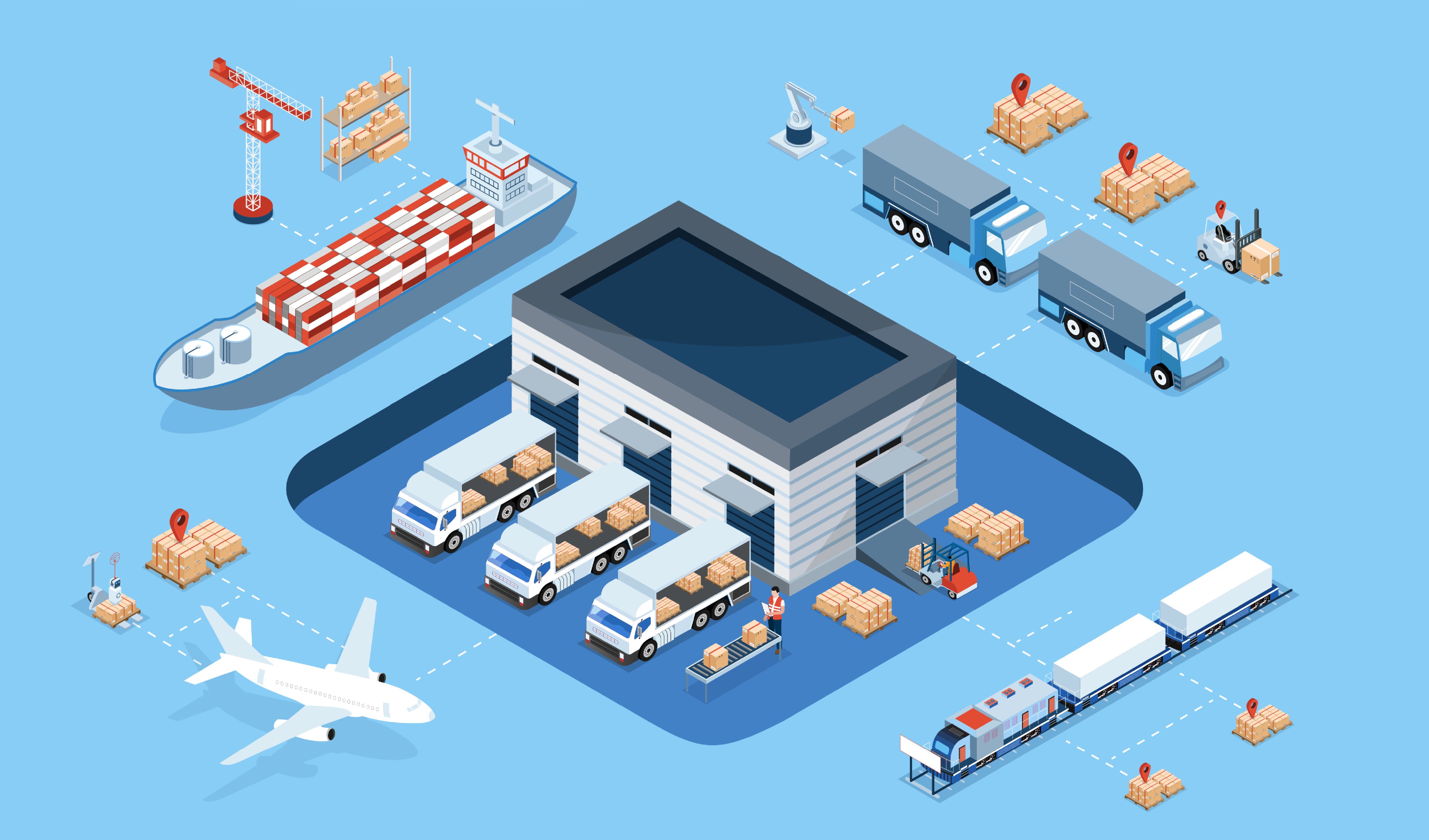
The world of international freight and logistics came together for this year’s MultiModal event at the NEC in Birmingham against the backdrop of an uncertain economy and a rapidly changing international marketplace.
For exporters and importers, how goods move abroad is always important, and the topics being discussed at this year’s MultiModal featured many of the more common pressing themes and concerns facing the industry.
‘Value’ in attending
The energy on the conference floor, as well as the wide variety of attendees, were themselves a bonus for many.
Christer Ajaxson, an account manager at German smart-logistics platform TIMOCOM, said it was great to “listen to people’s stories”, adding that it was “extremely valuable to hear how they get on with [TIMOCOM’s] product.”
Other people were equally positive, stating that leads and quality conversations were a big part of why they attended.
With the networking aspects fundamental to the event, others highlighted that they had made useful introductions to potential customers or suppliers. Several people said they’d had conversations with businesses they'd been targeting for some time but hadn’t previously managed to speak to.
IOE&IT efforts
A delegation from the Institute of Export & International Trade (IOE&IT) was in attendance, including representatives from the commercial team and trade experts. The trade and customs experts also ran a series of short, educational presentations.
Laura Williams, academy trade and customs consultant at IOE&IT said that people were excited to discover the full range of services the IOE&IT offers:
“Many didn’t know we offer everything from helping with the basics of setting up a customs department to intermediary import information, all the way through to advanced declaration training and bespoke courses.
“Events like this are a great chance to get that information out there to attendees about what the IOE&IT is and our exact offerings, which are unique in comparison to other organisations in the sector.”
Walking the floor
The exhibition included the usual variety of attention-grabbing stands. A furry mascot, two magicians and a nightclub-themed stand were among the more notable examples of this, with trucks, freight containers and F1 Cars also featuring prominently throughout the hall.
Paula Bellamy, managing director at Ocean Wide Logistics, was host of the nightclub stand, dubbed ‘Club Freight.’ She explained it was about doing things differently.
“It has attracted a lot of people and it is totally about putting fun back into freight. We didn't want to be the stereotype: boring with a suit and tie. We wanted just to be out there, a little bit more bit tongue-in cheek.
“People are stopping, and the people that are stopping are quality. Everyone seems happy with the vibe.”
Progress
One attendee said they were happy to see that times had changed, noting that a room that used to be full of middle-aged, white men was starting to fill with younger people, women and ethnic minorities.
Another notable instance of a more progressive industry was an inclusion of Danish shipping giant Maersk’s LGBT+ friendly stand, with large container covered in the rainbow flag.
Sustainability was another key theme, with several organisations keen to display green credentials and explain the practical aspects of their efforts.
Sustainability
As one attendee pointed out, there will always be a need to move things across the globe and any effort to combat climate change must take this into account.
The challenge, as ever, is finding practical solutions.
Ray Hughes, general manager for distribution at Maritime Transport, talked about the difficulties of hydrotreated vegetable oil (HVO), pointing to his company’s investment in the fuel over more traditional, carbon-based alternatives.
“HVO gives a 90% reduction in CO2 emissions compared to diesel. This CO2 reduction doesn't come from the emissions from the vehicle; it's in the refining process to get it to a usable [form].”
He conceded it comes with a significantly higher cost and required a dedicated infrastructure, something other attendees agreed with.
Other ideas for ‘greening’ the future of logistics were mentioned, including a push to move freight to rail as a first option, other forms of hydrogen fuels and unmanned drones in the air delivery space.
Taz Mears, cargo charter broker at Chapman Freeborn said he believed drone deliveries were “going to be big” for logistics quite soon, adding that sustainable aviation fuel was also a “step in the right direction” and highlighted freight’s commitment to the environment.



